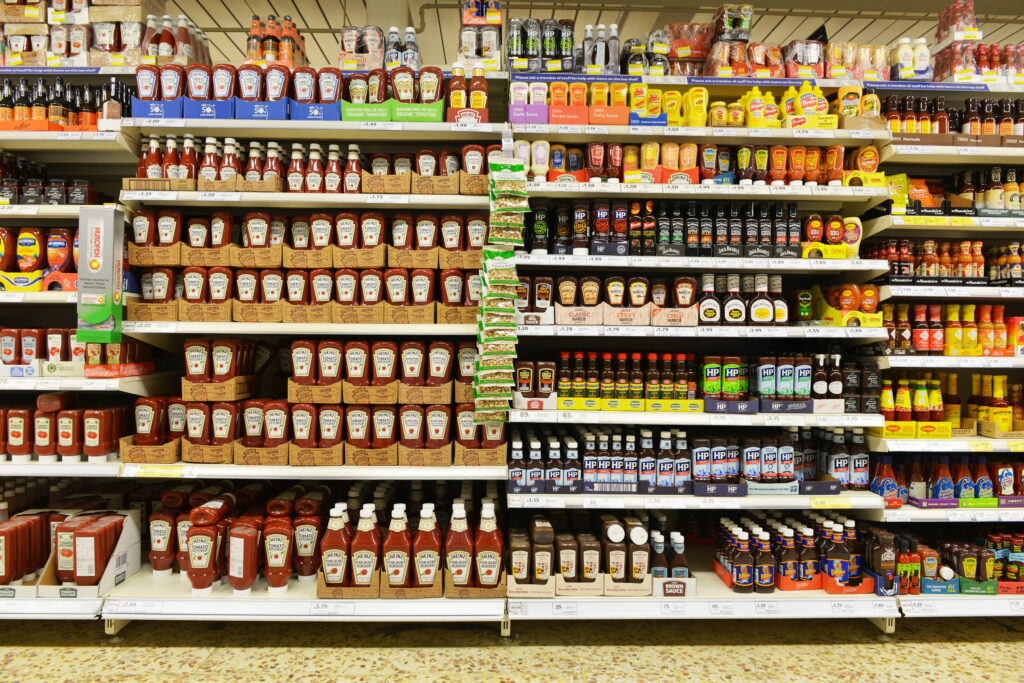SPECIAL REPORT: Fife council aspire to expand the kerbside collection of food waste to communal properties to increase the service consistency across all properties in Fife.
In 2022 a waste composition analysis was carried out on residual waste bins and analysis found that food and garden waste made up 31% of material, outlining the need for more action to be taken around food waste in Fife.
Through the findings of the twelve-week trial that has already taken place across three high-rise buildings in the Kirkcaldy area we are confident that a wider rollout of this project will increase the volume of high quality food waste collected in Fife.
Through the trial that has already been carried out we have been able to identify methods of communication that are most impactful to improve the quality and quantity of materials collected through taking a unique focus around sustainable behaviour change. In addition to improving the material collected we are also able to improve the recycling infrastructure of food waste across Fife.
Through increased the diversion of food waste to landfill we can keep resources and energy in Fife
Results
A trial was carried out in three blocks of high-rise flats each with 86 properties, with an average uplift of 43kg per week equating to 0.5kg of food waste collected per property each week.

Based on the trial’s findings 0.5kg per household per week equals two tonnes of food waste per annum collected from each high-rise block, assuming no contamination.
Fife has 12 high-rise blocks and a variety of mid-rise flats; this project aims to install 30 pedal operated food waste units. A rollout of this project across Fife is hoping to collect around 50 tonnes per annum of food waste.
The 50 tonnes collected will provide a direct reduction in emissions generated from landfill waste such as methane that has much greater environmental impacts than carbon dioxide.
As well as reducing the environmental hazardous emissions we are also able to retain energy and resources that can be extracted from food waste.
Fife Council possess the access to a dry anaerobic digestion facility unique to being able to process both food waste and garden waste and thus increasing the biogas yield from domestic collections by removing the need to collect separately.
The facility can generate up to 1.5MW of renewable electricity and 1.6MW of renewable heat. The plant is connected to the district heating system thus providing for a very high energy efficiency use.
Through increased the diversion of food waste to landfill we can keep resources and energy in Fife.
Sandy Anderson will be discussing food waste recycling in flats further during his case study session at the National Food Waste Conference on 7 March 2024. Secure your ticket by the 8th Feb to get your ticket at a discounted rate. To find out more and see the full agenda of speakers click here.











Subscribe for free